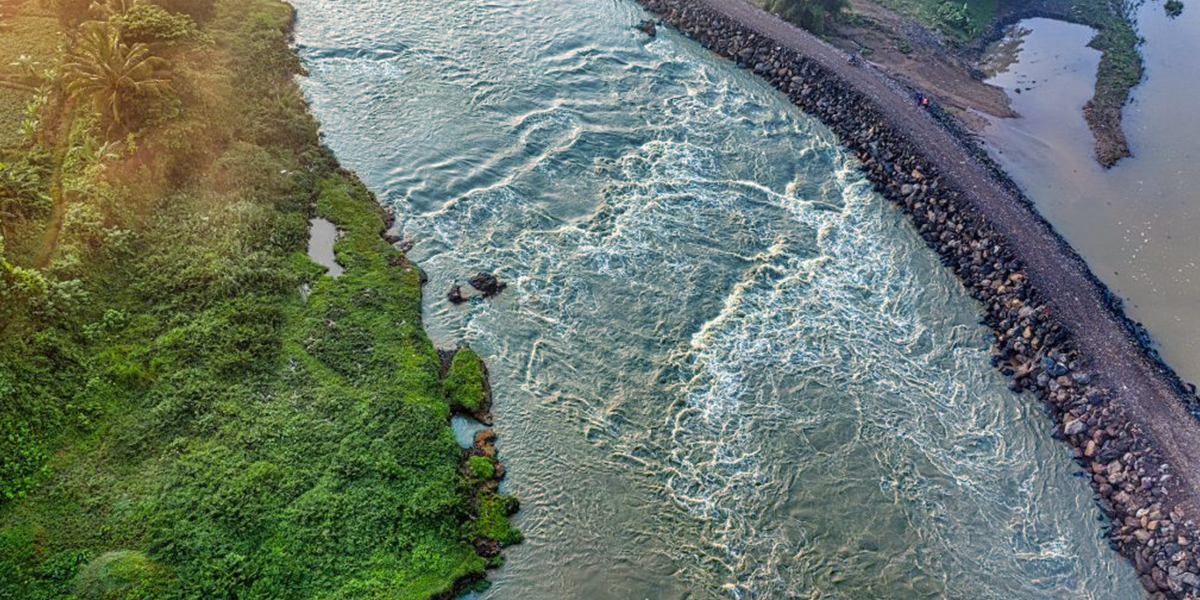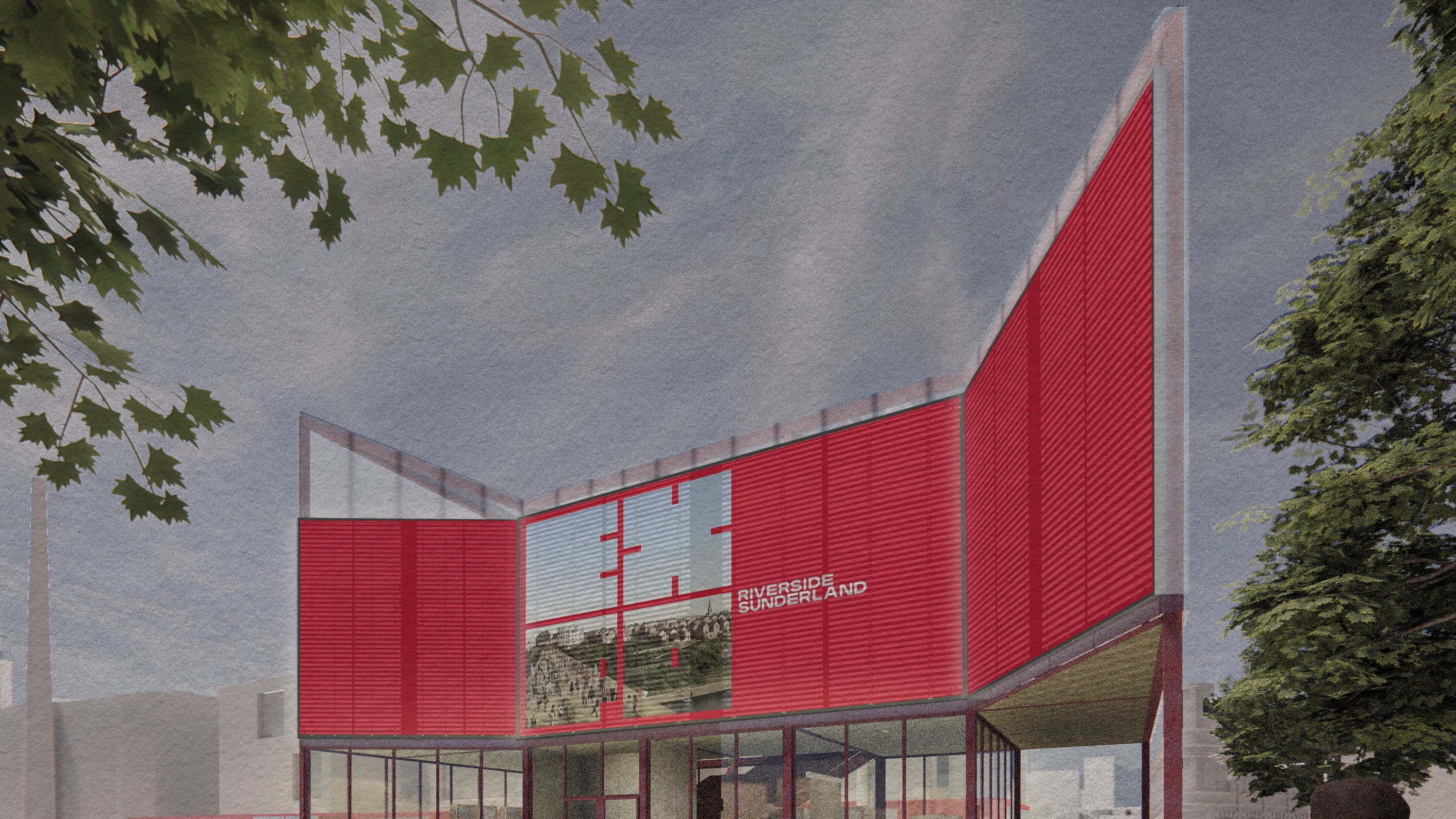
Allan Marks, a Global Project, Energy and Infrastructure Finance partner at Milbank LLP, recently shared insights on climate resilience in infrastructure in a Q&A with Financier Worldwide. Marks discussed the impact of climate change on infrastructure projects, recommendations for businesses looking to incorporate climate resilience into their strategies, and emerging trends in infrastructure development finance.
Marks explained the concept of “climate-resilient infrastructure,” highlighting how such projects are better equipped to withstand and recover from disruptions caused by extreme weather and other climate impacts. Despite the higher up-front costs associated with making projects more resilient, Marks emphasized that this investment can lead to greater efficiency and lower operating costs in the long run. He underscored the importance of mitigation efforts by system planners and regulators, emphasizing the need to prevent or mitigate climate impacts to determine the necessary level of resilience.
In terms of managing climate risks, Marks emphasized the role of government agencies and regional organizations in early risk screening and vulnerability mapping of infrastructure. Marks stressed the importance of considering climate risks in the approval processes for new projects to ensure the resilience of critical infrastructure.
Marks also provided guidance for businesses seeking to integrate climate resilience solutions into their corporate strategies. He emphasized the need to consider and address climate risks, suggesting strategies such as locating assets in less exposed areas and designing infrastructure to withstand climate impacts.
Addressing trends in infrastructure development and financing, Marks highlighted the increasing competitiveness of renewable energy technologies compared to traditional fossil fuels. He noted a growing interest in clean technologies such as hydrogen, carbon capture and storage, and methane monitoring. Looking ahead, Marks predicted a shift towards investment in adaptation and resilience measures, particularly in protective infrastructure facilities like sea walls and water recycling. This shift is expected to create more opportunities for investments in energy efficiency and emissions reduction across various sectors.
In conclusion, Marks emphasized the expanded definition of energy and infrastructure as an asset class, driven by the increasing demand for climate change mitigation solutions. The evolving landscape presents new investment opportunities in adaptation, resilience, and sustainable infrastructure projects.
For further insights from the Q&A with Allan Marks, you can read the full interview here.


